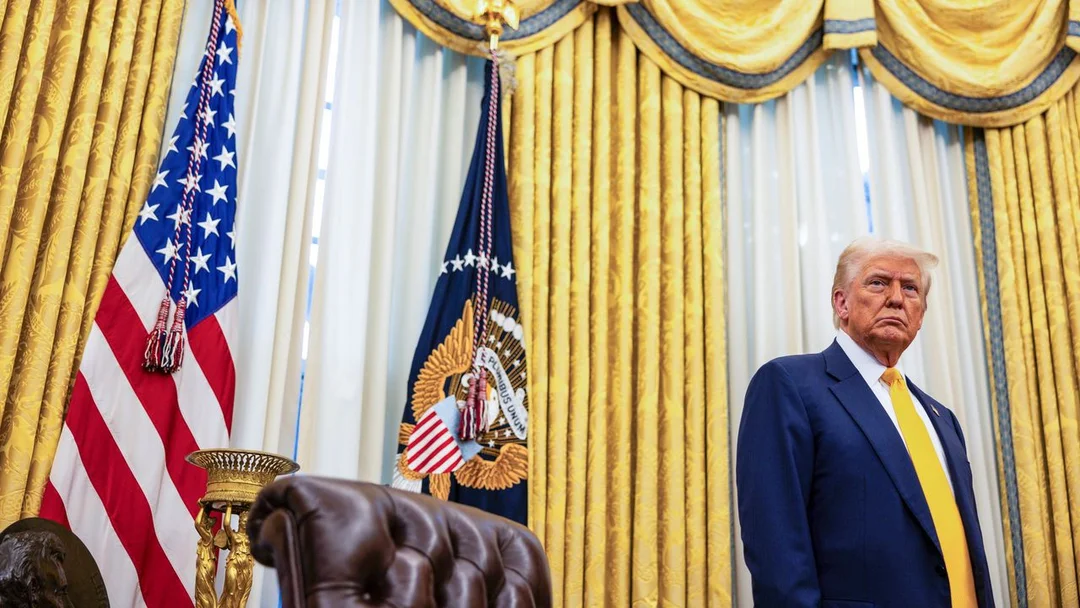
Trump’s Liberation Day Tariff Plan Raises Economic Concerns
President Trump's announcement of a 'Liberation Day' tariff plan has sparked widespread economic concerns across the United States. The plan, set to be implemented on April 2, targets imports from China, Mexico, and Canada, particularly affecting the automobile and auto parts sectors. According to estimates reported by The New York Times, these tariffs could significantly increase costs for American consumers, potentially impacting everyday expenses and inflating prices on essential goods.
Investors and economic analysts are expressing apprehension about the potential repercussions of these tariffs. Many fear that the new policy could lead to retaliatory measures from the targeted countries, further complicating international trade relations. The Washington Post highlighted concerns from industry experts who predict a possible downturn in the U.S. economy due to these trade policies.
The plan's introduction comes amidst ongoing discussions about the Trump administration's approach to international trade. CNN's coverage of the presidency's latest moves suggests that these tariffs are part of a broader strategy to renegotiate trade deals and protect domestic industries, despite the potential for increased consumer costs and economic instability.
Related issues news
What does liberation day mean?
Liberation Day is a day, often a public holiday, that marks the liberation of a place, similar to an independence day.
Is there a way to serve a third term as president?
No person shall be elected to the office of the President more than twice, and no person who has held the office of President, or acted as President, for more than two years of a term to which some other person was elected President shall be elected to the office of President more than once.
When did tariffs start in 2025?
On March 12, 2025, the U.S. imposed 25% tariffs on all imports of steel and aluminum, renewing and increasing tariffs he first enacted in 2018.